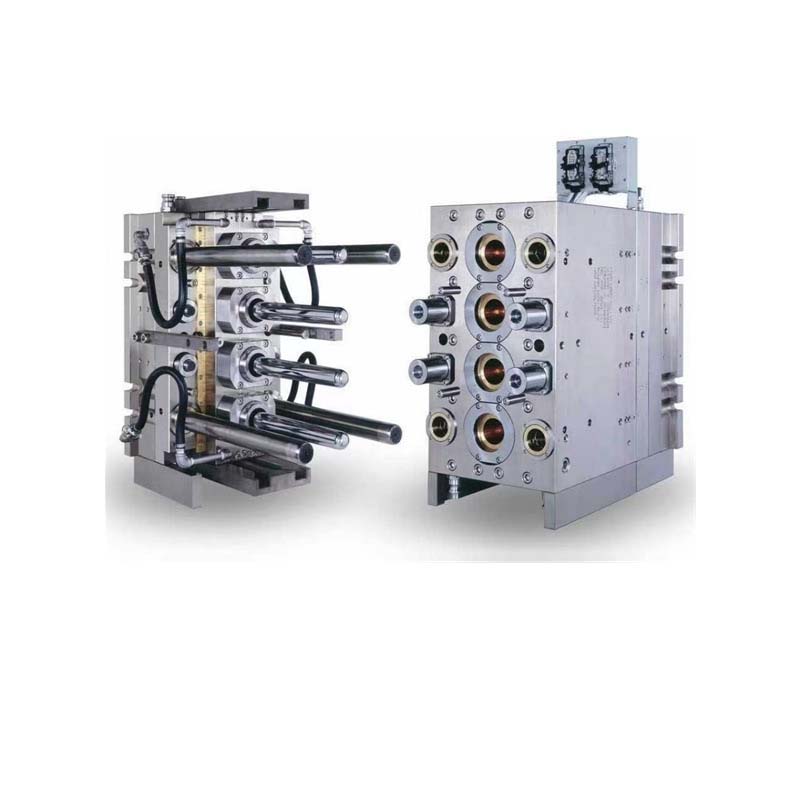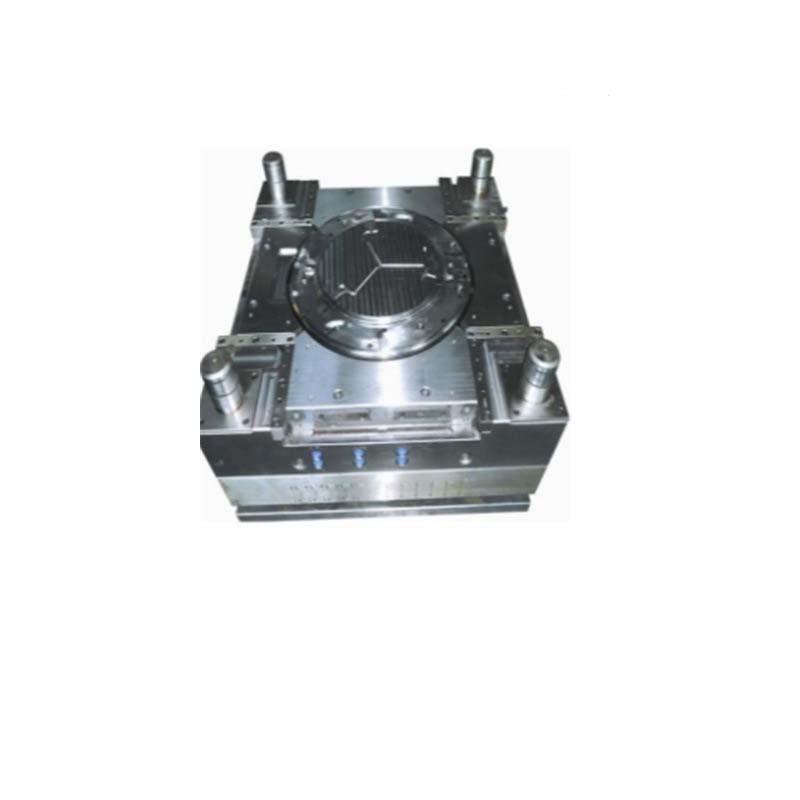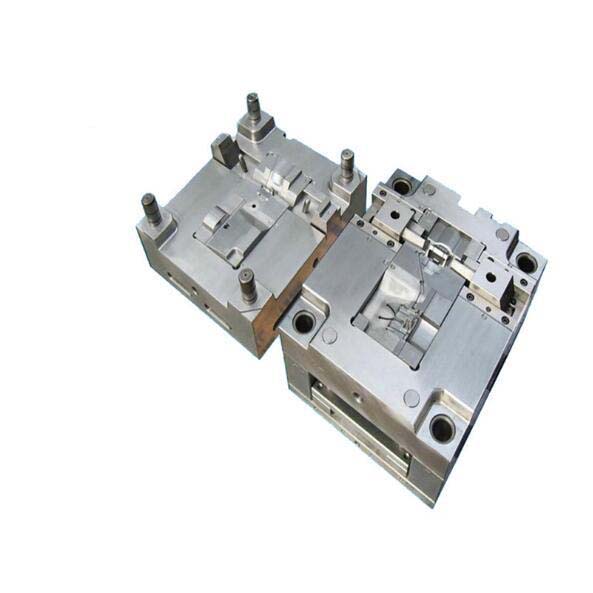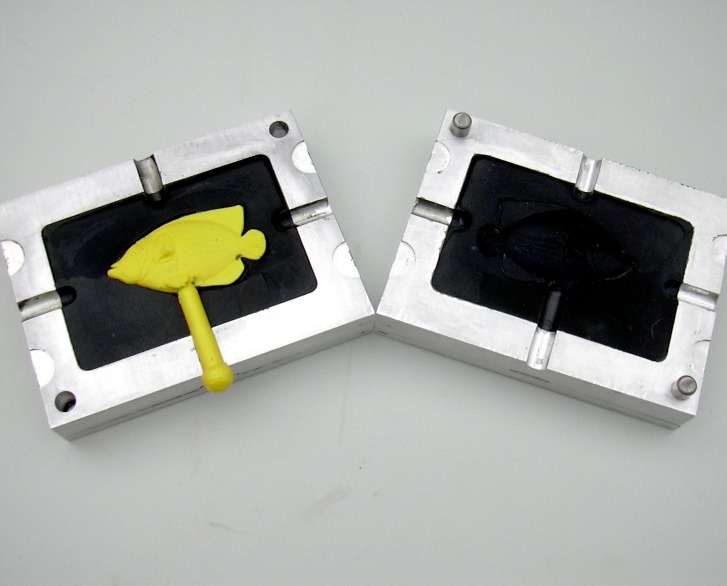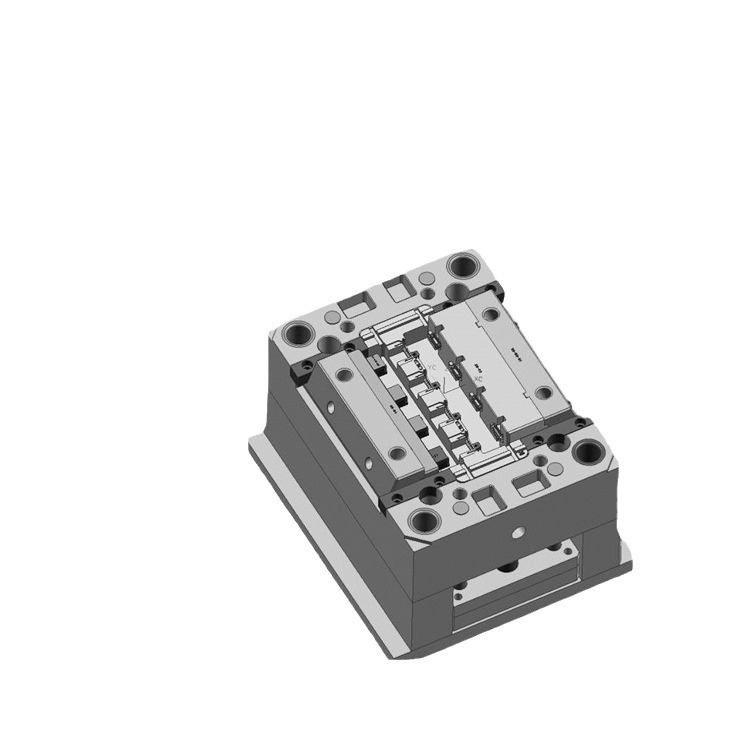Manufacturers crafting high-end plastic parts often face a frustrating trade-off: achieving a flawless mirror finish while maintaining durability and precision. Molds made from standard steels like P20 require hours of polishing to reach acceptable surface quality, only to show wear after a few hundred thousand cycles. For optical components, smartphone casings, or transparent parts, even the smallest scratch or imperfection can render a part useless. This is where NAK80 steel changes the game. As a pre-hardened plastic mold steel with exceptional polishability and strength, NAK80 eliminates the need for extensive post-machining finishing, solving the critical pain points of high-precision manufacturing. In this guide, we’ll explore why NAK80 is the top choice for mirror-finish molds, its unique properties, and how to maximize its performance in your applications.
Introduction to NAK80 Steel
NAK80 is a premium pre-hardened plastic mold steel developed in Japan, designed to meet the demands of high-precision, cosmetic mold applications:
- Definition: NAK80 is a nickel-aluminum-copper alloy steel, pre-hardened to 38-42 HRC during manufacturing. Its unique composition eliminates the need for post-machining heat treatment, reducing production time and minimizing distortion.
- Standard specifications: NAK80 adheres to Japanese Industrial Standards (JIS), with strict controls on chemical composition (0.15% carbon, 3.0% nickel, 1.0% aluminum, 0.5% copper) to ensure consistent performance. This composition gives it both high hardness and superior polishability.
- Supplier brands: Leading producers include Daido Steel and JFE Steel (Japan), as well as Chinese manufacturers like Baosteel, which produce NAK80 under license. These suppliers maintain tight quality controls to preserve the steel’s unique properties.
- Industry usage: NAK80 is widely used in 25-30% of high-precision plastic molds, particularly in electronics (smartphone lenses, computer displays), automotive lighting, and optical components. Its popularity stems from its ability to achieve Ra 0.01 μm mirror finishes with minimal polishing.
- Comparison with other mold steels: Compared to P20, NAK80 offers superior polishability and 15-20% higher hardness, making it ideal for cosmetic parts. It’s more cost-effective than stainless steels like S136 while requiring 50-60% less polishing time than 718 (1.2738). For applications where surface finish is critical, NAK80 provides unmatched value.
Properties of NAK80 Steel
The properties of NAK80 make it a standout choice for high-precision, cosmetic mold applications:
- Hardness: Pre-hardened to 38-42 HRC, NAK80 offers excellent wear resistance for non-abrasive plastics. This hardness level is significantly higher than P20 (28-32 HRC) and slightly higher than 718 (32-36 HRC), ensuring long life in high-volume production.
- Toughness: Despite its high hardness, NAK80 maintains impressive toughness, with a Charpy impact value of 25-30 J. This is due to its low carbon content and nickel addition, which prevent brittleness—a common issue with harder cold work steels.
- Wear resistance: NAK80’s wear resistance is superior to P20 and comparable to 718, allowing it to handle 1-1.5 million cycles for non-abrasive plastics like ABS and polycarbonate. This makes it suitable for high-volume production of cosmetic parts.
- Corrosion resistance: NAK80 offers better corrosion resistance than P20, thanks to its copper content. It withstands water-based coolants and mild mold release agents, reducing rust-related maintenance in humid production environments.
- Machinability: One of NAK80’s key advantages is its excellent machinability. It can be milled and drilled at 70-90 SFM with carbide tools, faster than 718 and comparable to P20. This reduces production time, even for complex geometries.
- Thermal stability: NAK80 maintains dimensional stability at temperatures up to 300°F (149°C), making it suitable for molding high-temperature plastics like polycarbonate, which is commonly used in optical components.
- Polishability: NAK80’s fine, uniform grain structure allows it to be polished to a mirror finish (Ra 0.01 μm) with minimal effort. Unlike other steels, it requires no additional surface treatments to achieve this, saving hours of post-machining work.
Applications of NAK80 in Mold Making
NAK80 excels in applications where surface finish, precision, and consistency are critical:
- Injection molding: NAK80 is the gold standard for injection molds producing transparent or cosmetic parts, such as smartphone back covers, laptop bezels, and automotive dashboard trim. Its mirror finish transfers seamlessly to the plastic, eliminating the need for post-molding painting or coating.
- Optical molds: For camera lenses, eyeglass lenses, and LED light covers, NAK80’s ability to maintain a scratch-free, ultra-smooth surface is essential. These parts require Ra 0.01 μm finishes to ensure optimal light transmission and clarity.
- Electronics molds: NAK80 is widely used for molds producing computer displays, touchscreen panels, and smartwatch casings. Its dimensional stability ensures tight tolerances (±0.0001 inches), critical for parts that must fit with other components.
- Automotive molds: In automotive lighting (headlights, taillights) and interior trim, NAK80’s polishability and durability shine. It handles the high production volumes (500,000-1 million units) typical for these parts while maintaining consistent surface quality.
- High-precision molds for transparent parts: Transparent plastics like polycarbonate and acrylic require molds with flawless surfaces to avoid optical defects. NAK80 delivers this, reducing scrap rates by 30-40% compared to molds made from P20 or 718.
Machining and Fabrication of NAK80
Machining and fabrication of NAK80 are straightforward, thanks to its pre-hardened state and excellent machinability:
- Precision machining: NAK80 machines efficiently with carbide tools, allowing roughing speeds of 70-90 SFM and finishing speeds of 60-80 SFM. Its uniform structure minimizes tool wear, reducing downtime for tool changes.
- CNC milling: 3-axis and 5-axis CNC milling are ideal for NAK80, as its consistency ensures tight tolerances in complex features like thin walls and undercuts. This is critical for optical molds with intricate geometries.
- EDM (Electrical Discharge Machining): EDM works exceptionally well with NAK80, producing clean, precise cuts with minimal recast layer (≤0.00005 inches). This is important for molds with fine details, such as texturing on smartphone casings.
- Grinding: Final grinding with a resin-bonded diamond wheel achieves flatness within 0.00005 inches per foot. A slow feed rate (5-8 inches per minute) prevents heat buildup, which could affect the steel’s hardness or polishability.
- Polishing: NAK80’s greatest strength is its ease of polishing. Starting with 800-grit sandpaper, progressing to 2000-grit, and finishing with a 1-3 μm diamond compound achieves a mirror finish in 50-60% less time than required for 718 or P20. Even welded areas polish smoothly, a major advantage for repairing complex molds.
- Tooling requirements: High-speed steel (HSS) cutters work for simple operations, but carbide tools are recommended for high-volume machining to maintain precision. Coolant is essential to prevent heat-induced surface defects.
Heat Treatment of NAK80
NAK80’s pre-hardened design simplifies heat treatment, making it a favorite among manufacturers:
- Pre-hardened state: NAK80 is supplied pre-hardened to 38-42 HRC, eliminating the need for post-machining heat treatment. This saves 20-30% of production time compared to steels that require hardening after machining.
- Age hardening (optional): For applications requiring extra hardness, NAK80 can undergo age hardening. Heating to 932°F (500°C) for 3-4 hours increases hardness to 43-45 HRC, improving wear resistance for slightly abrasive plastics like 5-10% glass-filled polycarbonate.
- Solution treatment: During manufacturing, NAK80 undergoes solution treatment (heating to 1,562°F/850°C) to dissolve alloying elements, followed by controlled cooling. This step ensures uniform distribution of nickel, aluminum, and copper, which contribute to its unique properties.
- Post-weld heat treatment: If welding is required for repairs, annealing the welded area at 1,022°F (550°C) for 1 hour relieves stress without reducing hardness significantly. This ensures the repaired area maintains the same polishability as the rest of the mold.
- No quenching needed: Unlike cold work steels, NAK80 requires no quenching, reducing the risk of distortion—a critical advantage for large or complex molds where dimensional stability is key.
Yigu Technology’s Perspective
As a leading custom manufacturing supplier in China, Yigu Technology recommends NAK80 for clients prioritizing mirror finishes and high precision. Its ability to achieve Ra 0.01 μm surfaces with minimal polishing cuts production time by 30-40% compared to 718, making it ideal for electronics and optical molds. We’ve seen NAK80 reduce scrap rates in transparent part production by 35%, thanks to its flawless surface quality. Our machining team values its machinability, which ensures tight tolerances (±0.0001 inches) even in complex designs. While NAK80 costs 20-25% more than 718 upfront, its time savings and superior performance make it a cost-effective choice for cosmetic and optical applications.
FAQs
- How does NAK80’s polishability compare to S136 stainless steel?
NAK80 achieves mirror finishes (Ra 0.01 μm) in 50-60% less time than S136, though S136 offers better corrosion resistance. For non-corrosive environments, NAK80 is more cost-effective; for medical or humid applications, S136 is preferable.
- Can NAK80 handle abrasive plastics like glass-filled polycarbonate?
NAK80 works for 5-10% glass-filled plastics, lasting 500,000-800,000 cycles. For higher fill rates (15%+), consider cold work steels like D2, as NAK80’s wear resistance will be insufficient.
- Is NAK80 suitable for large molds, such as automotive bumper molds?
Yes—NAK80’s dimensional stability and machinability make it suitable for large molds. Its pre-hardened state reduces distortion risks, ensuring uniform performance across large surfaces, though it may be cost-prohibitive for non-cosmetic large parts.


